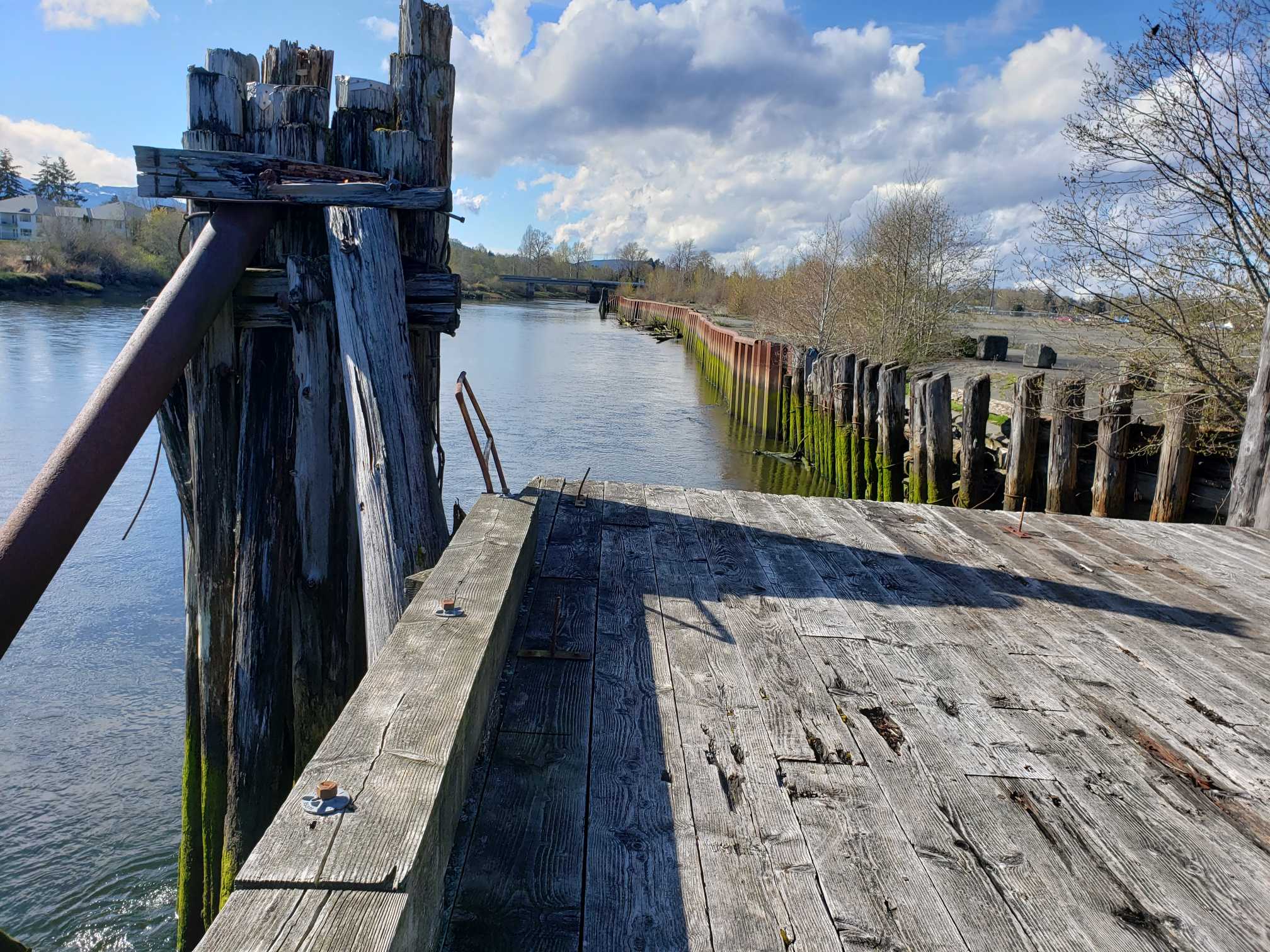Pacific sand lance and surf smelt will be under the microscope for research by Project Watershed thanks to $1.4 million in funding.
The society says the funding will be delivered over three years. It will support their intertidal and pelagic forage fish research, focussing on the two fish species, and they hope to close some knowledge gaps about where the species are spawning and find hot spots.
Forage fish include species like the northern anchovy, pacific sand lance, pacific herring, surf smelt and eulachon. The society adds some of the fish benefit species like chinook and coho salmon, and that benefits other species like the Southern Resident Killer Whales.
Watershed forage fish biologist Jacqueline Huard says the funding will let them collect even more data than before.
“It’s an exciting time to work on forage fish in the Pacific Northwest, we are just really starting to pull back the curtain on these cryptic fish,” said Huard.
“There are new tools like environmental DNA testing, GIS, and modelling options that are providing us with more information than we were able to gather before.”
The funding will also support the Coastal Forage Fish Network. The network is a collaborative partner group that aims to spread awareness about the fish, monitors spawning beaches and works to inform policy and processes to protect forage fish.
Work is done with North Island College, who add this has allowed many of its students to apply skills and knowledge from their courses to research experiences.
Funding will also be used to restore two beaches to improve forage fish habitat.
The organization thanks the support of BC Salmon Restoration and Innovation Fund, and is looking forward to furthering the knowledge and state of the fish.
More information can be found here.






